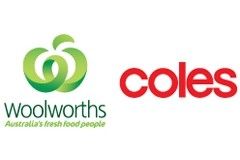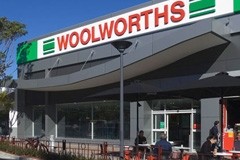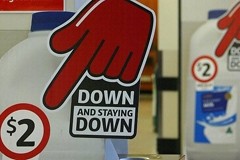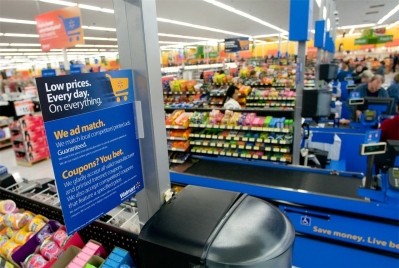Australia: New report flags retail giant dominance

The FOODmap evaluation, compiled the by the Department of Agriculture, Fisheries, and Forestry, analyses food distribution channels for major categories within the Australian food industry, from food producer to consumer.
The report revealed that the supermarket sector accounted for 63% of Australia’s A$130bn in food sales for 2010-11, with the big two chains accounting for 80% of that spending.
“Food and liquor sales of the two major chain retailers totaled A$61.4 bn in 2010–11. These enterprises retail through about 2,300 supermarket outlets and a further 2,040 liquor outlets,” the report said.
Downturn helped in the rise of the supermarkets
The publication outlines how the major grocery chains have expanded their ranges of lower priced private-label products to improve their value-for-money appeal to consumers.
“A further complexity in this ownership mix is the incidence of private-label food products, which are estimated to currently represent about a quarter of all supermarket sales,” continued the study.
This approach of the supermarkets is hurting food manufacturers, the report noted, as it is hurting profit margins at local suppliers and has resulted in an increase in cheap food imports (up 20% since the last report in 2007).
The Australian Food and Grocery Council (AFGC) said that the study shows up the enormous market power of Coles and Woolworths.
AFGC Chief Executive Kate Carnell pointed out that the more supermarket shelf being used for private label products, the less shelf space there is available for Australian manufacturers.
“And if you do get on the shelf, the downward price pressure of these private labels makes it almost impossible for Australian producers and manufacturers to make a decent profit,” she said.
Carnell added that food manufacturers are under unprecedented pressure from the rising cost of labour, energy, water, transport and high global commodity prices as well as the strong Australian dollar making imports cheaper.
“Weak consumer spending, private label growth and the supermarket price wars also means manufacturing return on investment and local jobs are under immense pressure,” Carnell said.
Retail watchdog must, says food body
The issue of supermarket power has been an a major talking point in the Australian food sector over the past two years, with even the Australian Competition and Consumer Commission getting involved in the debate.
The AFGC also said that the report would support its call for a retail ombudsman which the Council made earlier this month after Coles said that it will discount a range of food items by as much as 50%.
“If these current price wars continue, the profitability of Australia’s food manufacturing sector, as well as farmers, will be eroded and the result could be a significant loss of both processors and producers,” said Carnell.
“Australia has the highest levels of supermarket concentration in the world, delivering significant market power to [the majors] and making it increasingly difficult for suppliers to negotiate reasonable trading terms,” she said.











